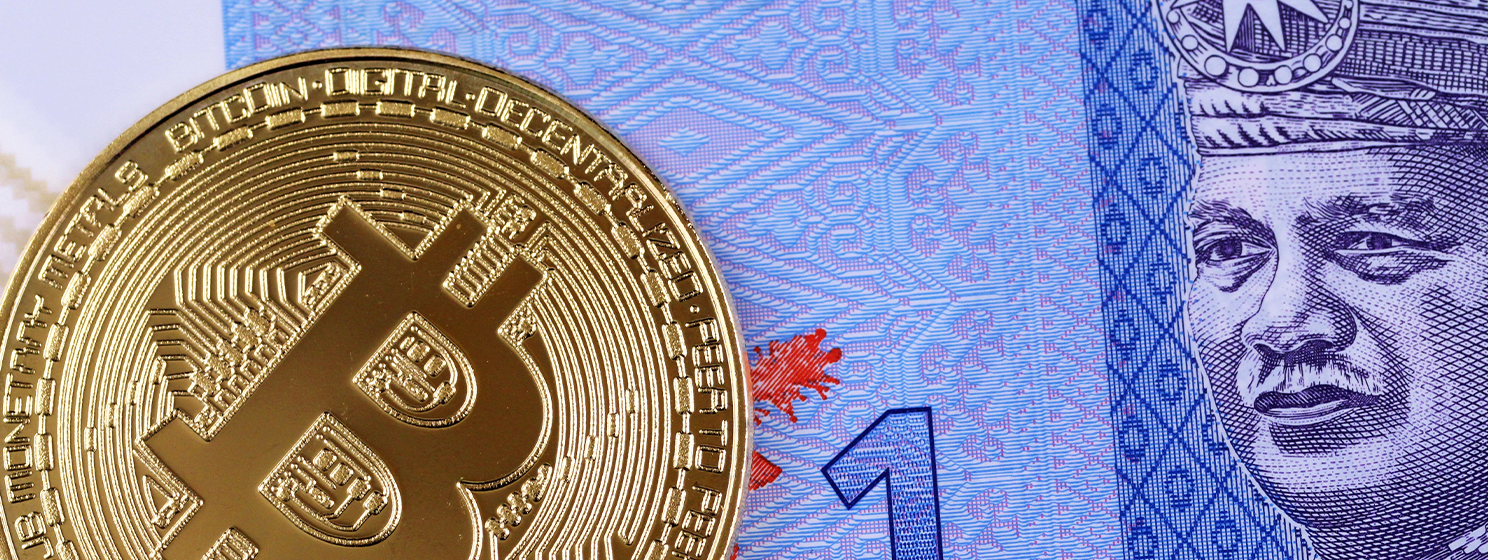|
Getting your Trinity Audio player ready...
|
Taiwan has reiterated its commitment to tightening the screws for financial sector players by accelerating the implementation of a new anti-money laundering (AML) playbook.
Initially designed for launch at the start of 2025, Taiwan’s Financial Supervisory Commission (FSC) announced its application at the end of November, signaling a clear intent to improve AML standards. Digital asset service providers must seek new AML registration with the FSC regardless of their previous registrations.
Service providers that violate the new AML playbook will be slammed with a steep fine of up to NT$5 million ($155,900) or see principal officers face jail times of up to two years.
The AML rule book reveals a streak of obligations for digital asset service providers to comply with to achieve compliance. Service providers are expected to keep their eyes peeled for financial anomalies in transactions and make timely reports to financial authorities.
Companies will be required to spot the telltale signs of frequent information changes, the use of virtual private networks (VPNs), irregularities in names and account details, and the movement of large amounts of digital assets.
Taiwanese digital asset exchanges will be on the lookout for small, frequent transactions below the mandatory reporting thresholds. Furthermore, the new rules require firms to keep a watchful eye on the use of mixers, privacy coins, hop-scotching, and previously dormant accounts becoming active with high-level activities.
The new rules are an upgrade to the 2021 regulation that brought digital asset exchanges under Taiwan’s AML laws for the first time. In addition to bolstering the AML requirements for the firms, the new rules prescribe minimum qualification standards for the board of directors while imposing corporate social responsibilities on the companies.
Service providers in Taiwan will now be expected to offer additional perks such as information security, consumer asset protection, and transaction security for their customers.
The FSC has taken enforcement action against two digital asset exchanges, MaiCoin and BitoPro, for AML violations revolving around customer due diligence and record-keeping processes.
Taiwan turns to emerging technologies
To comply with the new requirements from the FSC, several analysts opine that service providers in the digital asset ecosystem will turn to emerging technologies like artificial intelligence (AI).
At the moment, Taiwan is steamrolling toward clear AI regulations designed to give clarity to firms seeking to use large language models (LLMs) for their compliance process.
The country already has a thriving AI chip economy. It is splurging funds on AI-based disaster response and other AI use cases expected to add up to $103 billion to its economy before 2030.
Indonesia’s digital asset volume surges to $30 billion
Indonesia is leading the rest of Southeast Asia in digital asset volume, with a new report pegging the figures at just over the $30 billion mark in the first ten months of 2024.
According to data from Indonesia’s Commodity Futures Trading Regulatory Agency (CoFTRA), the country’s latest digital asset volumes dwarf the 2022 and 2023 combined metrics. In 2022, the traded volumes stood at $19.4 billion, while 2023 recorded a paltry $6.5 billion, making 2024 an impressive year by any standards.
The numbers translate to a 350% year-on-year increase from 2023 and stand as the highest volume since the highs of 2021. In 2021, Indonesia recorded a staggering $40 billion worth of digital asset transactions from retail and institutional investors, signaling a bright future for the ecosystem.
Per the figures, only India and Nigeria have higher trading volumes than Indonesia, but it remains to be seen whether the Southeast Asian country can leapfrog the leaders.
Experts have termed Indonesia’s 2024 volume an impressive feat in the face of unfavorable headwinds. After the highs of 2021, things took a sharp turn in the wake of an extended bear market that dulled the enthusiasm of market participants.
The jarring collapses of leading service providers and a dark streak of rug pull, and exploits left a sour taste in the mouth of investors, forcing the hand of regulators to tighten the screws for the industry.
In early 2023, the government planned to classify digital currencies as securities to offer better protection for investors. The government proceeded with new guardrails for service providers to prevent black swan events while slamming double taxation on digital asset trading.
Despite the challenges, digital asset trading in Indonesia is making a remarkable comeback, buoyed by several factors. For starters, the protections rolled out by regulators are bestowing new confidence in retail investors to wade into the markets while rising digital asset prices are fuelling a new zeal among traders.
There are whispers that the government is mulling a reversal of the double taxation on digital assets, with regulators famously softening their grip on institutional investment in the sector.
Indonesia is not the only country experiencing a surge in digital asset transactions, with India and Nigeria outperforming their 2023 metrics. India’s case is particularly noteworthy following a 30% taxation on digital asset gain and a 1% tax deductible at source (TDS) imposed on local investors.
Through sheer grit, India sits on the leaderboard for digital asset adoption, braving the grim odds handed to it by unfriendly regulation. India’s virtual asset ecosystem rode the wave of greater mobile phone and internet penetration while leaning on Web3’s potential to offer financial services to the unbanked.
Watch: Want to develop on BSV? Here’s how you can build with Mandala

 02-21-2026
02-21-2026 




